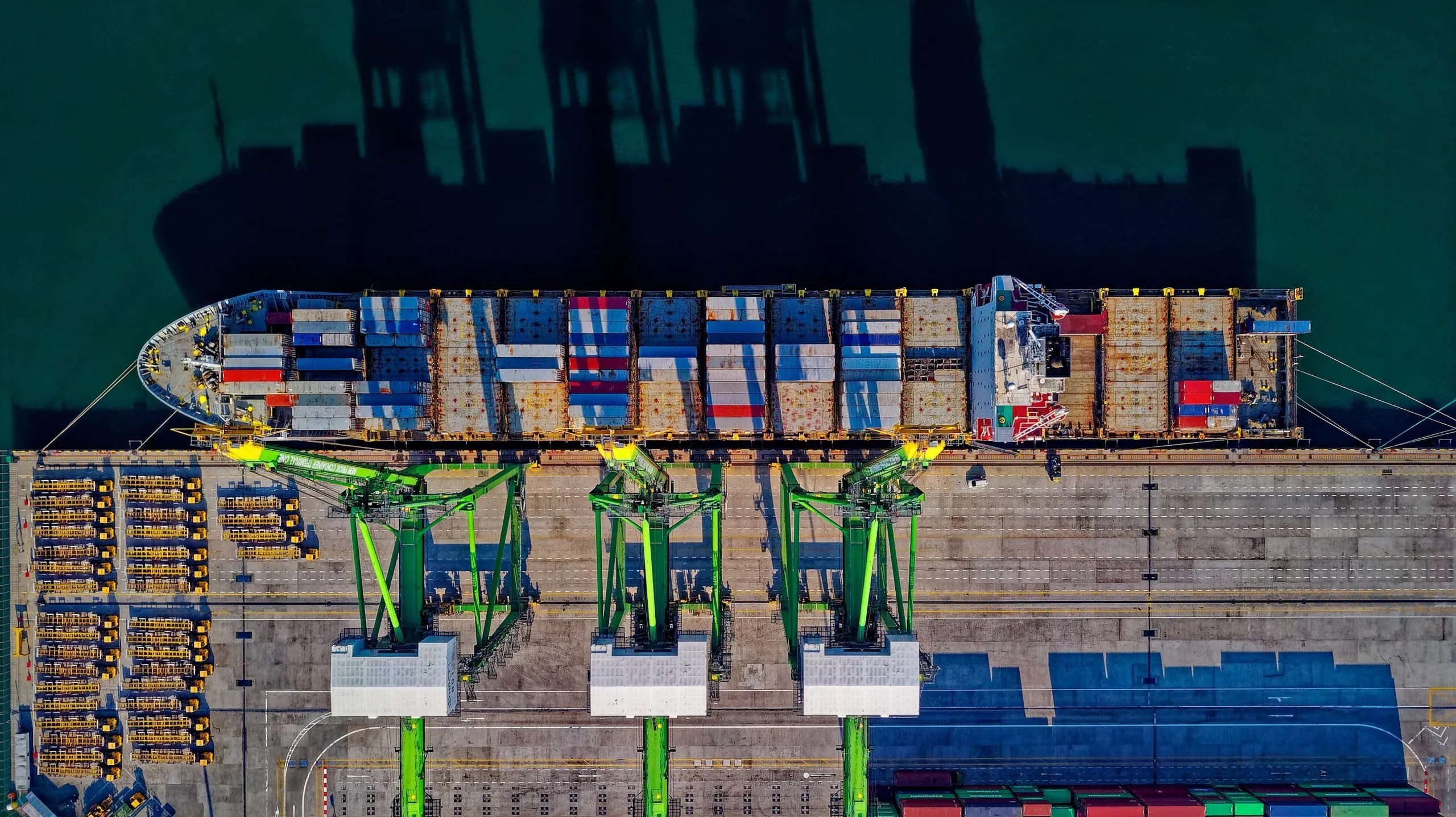The Digital Container Shipping Association (DCSA) has launched phase two of its electronic bill of lading (eBL) proof of concept (PoC) project, working with CargoX, edoxOnline, essDOCS and WAVE BL to establish platform interoperability and ensure that data can be exchanged between the different providers’ applications.
The companies will implement DCSA’s eBL Interoperability Standards to harmonise on data formats before proceeding to test eBL interoperability through the full bill of lading lifecycle using data that mirrors a live shipment.
DCSA has previously released a set of standard eBL data formats and interfaces, with its interoperability PoC built on DCSA eBL Interoperability Standards 1.0 – Beta 1. Upon completion of the PoC, this standards list will be officially released and free to download for any platform provider to incorporate into their eBL software to ensure interoperability.
Phase one of the PoC, funded and supported by all DCSA carrier members, was completed in May 2022 with seven actively participating carriers, ExxonMobil and four of six IGP&I-approved eBL software providers, namely CargoX, edoxOnline, essDOCS and WAVE BL.
The standards and PoC design were adjusted for phase two based on phase one participant feedback. Successful completion of phase two is expected before the end of 2022, the Association says.
In addition, DCSA notes that it is also working to address the legal framework needed between these tech companies to enable cross-platform eBL transfer.
“For the global supply chain, fully interoperable eBL is a starting point for digital trade. It will make today’s practices more efficient, reliable and sustainable, but ultimately it will provide a foundation for further digitalisation,” said Thomas Bagge, CEO of DCSA.
“Actors in global supply chains want to be able to choose the best platform for their needs. For service providers, it will remove barriers to adoption and create an operational foundation that fosters innovation and collaboration.”
“According to our year-end 2021 research, less than 1.2% of all bills of lading was electronic. We urge all industry stakeholders to get involved and be part of the movement to work towards 100% eBL adoption.”






